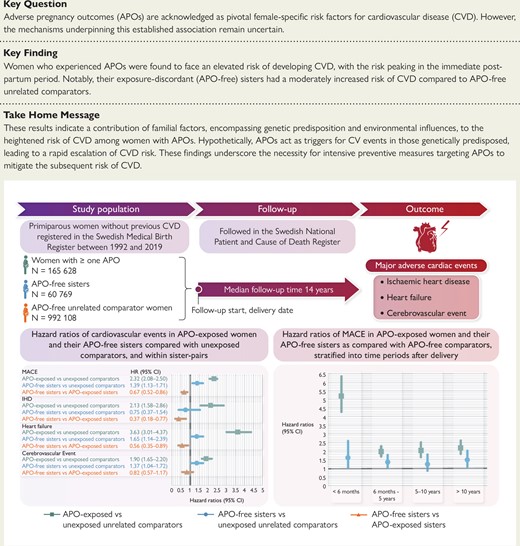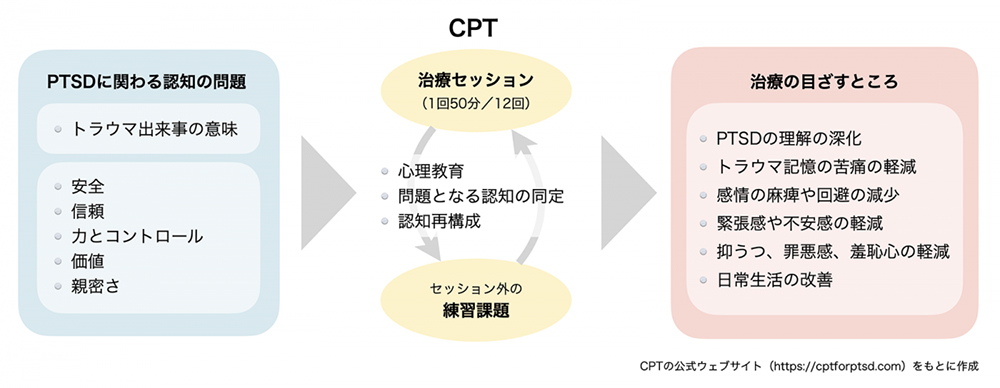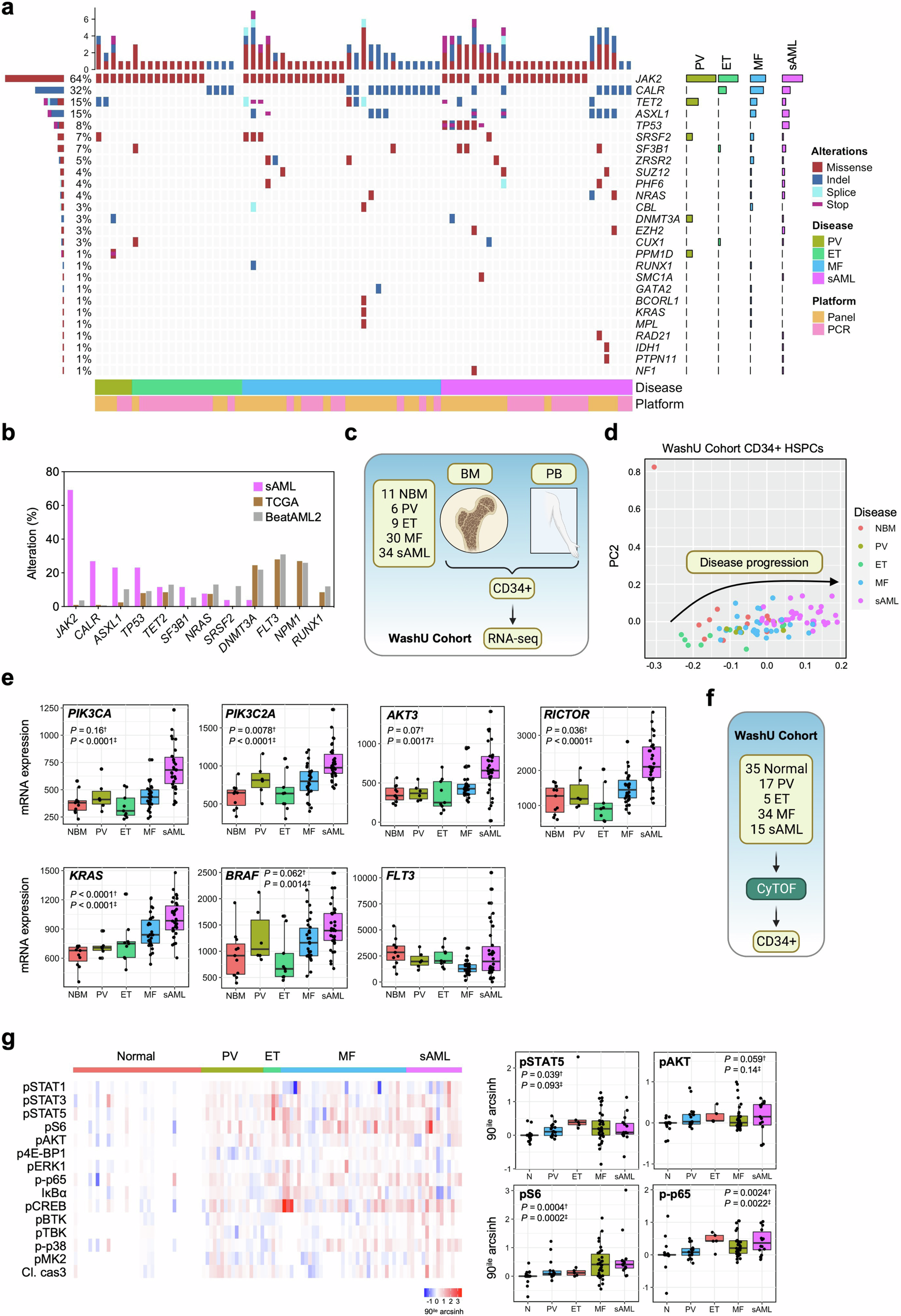2025-02-07 カロリンスカ研究所
<関連情報>
- https://news.ki.se/pregnancy-complications-linked-to-cardiovascular-disease-in-the-family
- https://academic.oup.com/eurheartj/advance-article/doi/10.1093/eurheartj/ehae889/7989610
有害な妊娠転帰、家族性素因、心血管リスク:スウェーデン全国規模の研究 Adverse pregnancy outcomes, familial predisposition, and cardiovascular risk: a Swedish nationwide study
Ängla Mantel, Charlotte Lindblad Wollmann, Jonas Faxén, Anna Sandström, Hanna Mühlrad, Olof Stephansson
European Heart Journal Published:07 February 2025
DOI:https://doi.org/10.1093/eurheartj/ehae889

Structured Graphical Abstract
A summary of the study population, methods, and main findings. APO, adverse pregnancy outcome; CI, confidence interval; CVD, cardiovascular disease; HR, hazard ratio; IHD, ischaemic heart disease, MACE, major adverse cardiac event.
Abstract
Background and Aims
Adverse pregnancy outcomes (APOs) are recognized as significant female-specific risk factors for cardiovascular disease (CVD). A potential shared familial susceptibility between APOs and CVD has been proposed, but not thoroughly explored. This study employs a quasi-experimental family comparison design to investigate shared familial predisposition between APOs and CVD, by assessing risk of CVD in APO-exposed women and their APO-free sisters.
Methods
Nationwide population-based cohort study encompassing primiparous women, without prior CVD, with registered singleton births in the Swedish Medical Birth Register between 1992 and 2019, grouped into: women with ≥1 APO (165 628), APO-free sisters (60 769), and unrelated APO-free comparator women (992 108). All study participants were followed longitudinally, through linkage with national health registers, from delivery until 2021, for primary endpoint major adverse cardiac events, and its individual components: ischaemic heart disease, heart failure, and cerebrovascular events.
Results
Over a median follow-up of 14 years, APO-exposed women exhibited increased rates of CVDs compared with APO-free comparators. Adverse pregnancy outcome–free sisters exhibited elevated adjusted hazard ratios (aHRs) of major adverse cardiac event {aHR 1.39 [95% confidence interval (CI) 1.13–1.71]}, heart failure [aHR 1.65 (95% CI 1.14–2.39)], and cerebrovascular events [aHR 1.37 (1.04–1.72)] compared with the APO-free comparators, while no significant increase in ischaemic heart disease was observed. Within-family analysis revealed lower CVD rates in APO-free sisters compared with their APO-exposed counterparts, except for no significant difference in cerebrovascular events.
Conclusions
Sisters of women with APOs face a moderately increased risk of CVD, suggesting a genetic and/or environmental influence on the association between APOs and CVDs. These findings underscore the need for evaluating the effectiveness of targeted preventive measures in women with APOs and their sisters.


